Google appears to have resolved an unfortunate gaffe with its online translation service which incorrectly translated:
“I am sad to see Hong Kong become part of China"
...as...
“I am happy to see Hong Kong become part of China".
Users noticed that the mistranslation occurred when attempting to translate from English to both Chinese simplified and Chinese traditional options, amid tensions in the former British colony over a bill allowing suspects to be sent to mainland China for trial.
The bill is seen as a tightening of Beijing's control over the territory, leading to hundreds of thousands of activists taking to the streets of Hong Kong in protest.
Users noticed an error on Google Translate and began highlighting it on Twitter, leading Google's public search liaison Danny Sullivan to respond, saying the company was looking into how the mistake happened and that technicians were working on a fix.
The company also issued a statement, admitting that its automatic systems:
“can sometimes make unintentional mistakes".
“Google Translate is an automatic translator, using patterns from millions of existing translations to help decide on the best translation for you."
“These automatic systems can sometimes make unintentional mistakes like translating a negative to a positive."
“We appreciate feedback and we are working on improving the technology."
On Wednesday, a cyber attack hit messaging app Telegram, which its founder Pavel Durov said originated from “mostly Chinese IP addresses".
Communication apps such as Telegram, which use encryption to secure messages, are often used by activists to organize protests. Telegram is blocked in mainland China.
Mr Durov said that the Distributed Denial of Service (DDoS) attack was “state actor-sized" and “coincided in time with protests in Hong Kong".
Shortly after the attack, the platform confirmed its systems had stabilized and user data was safe.

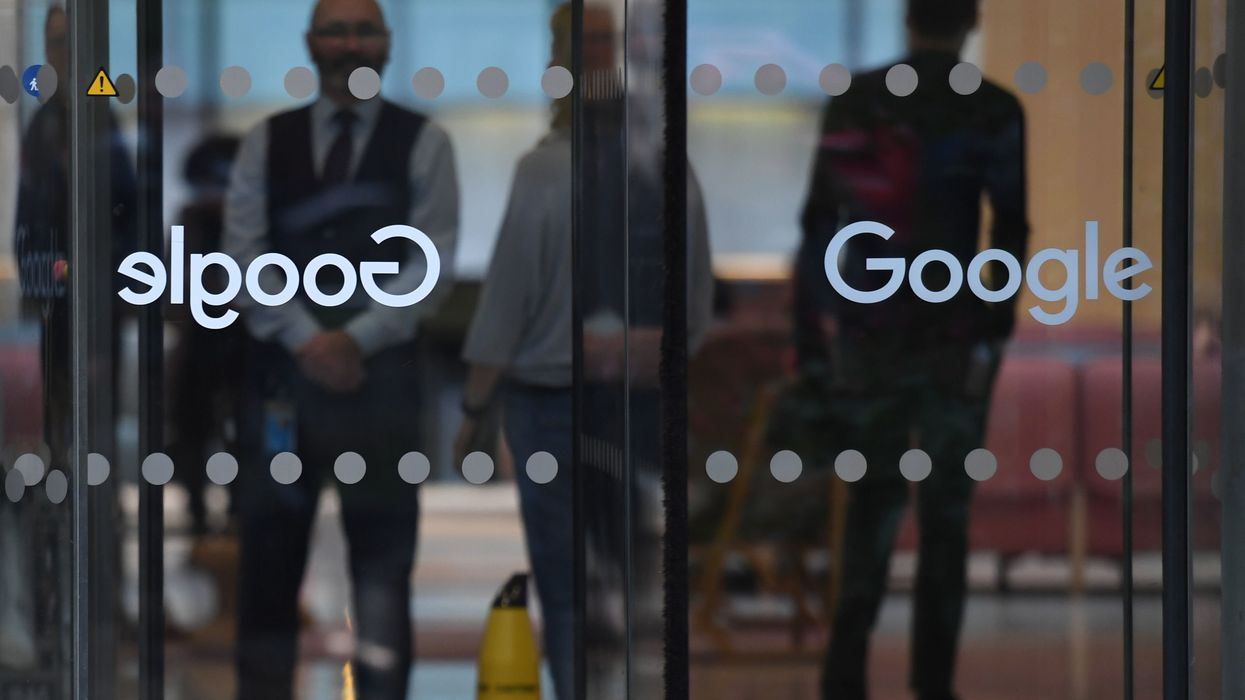

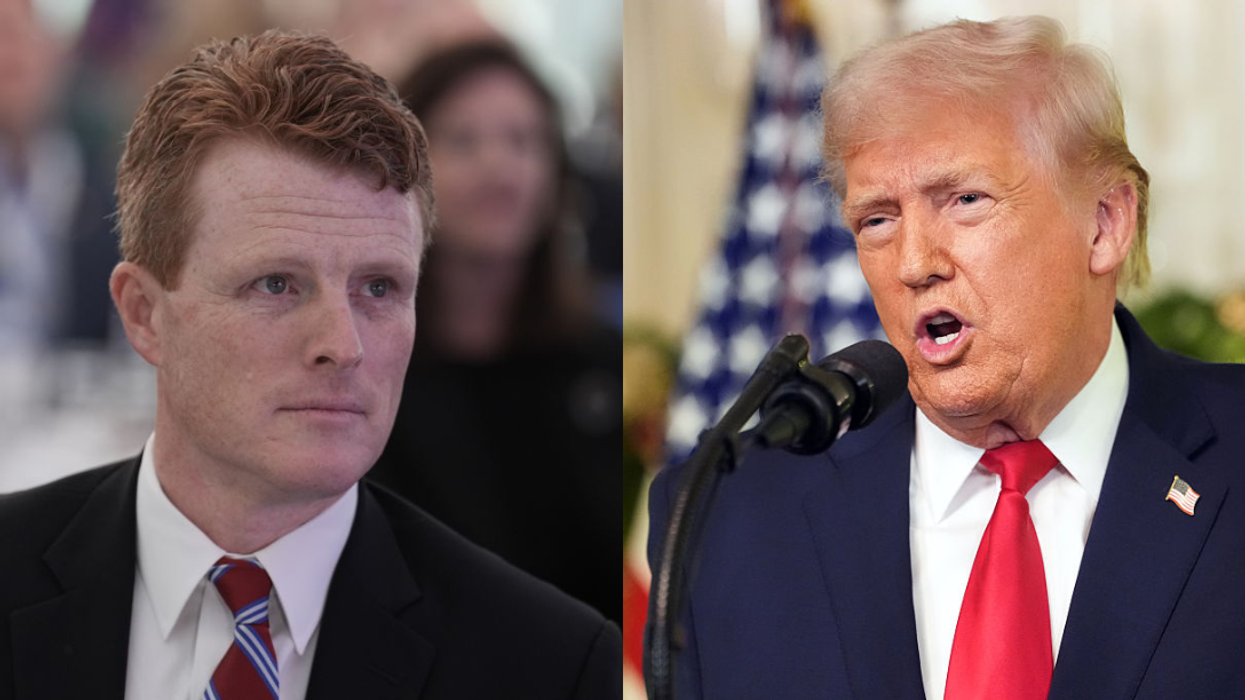





 Replying to @StefanMolyneux/X
Replying to @StefanMolyneux/X Replying to @StefanMolyneux/X
Replying to @StefanMolyneux/X Replying to @StefanMolyneux/X
Replying to @StefanMolyneux/X Replying to @StefanMolyneux/X
Replying to @StefanMolyneux/X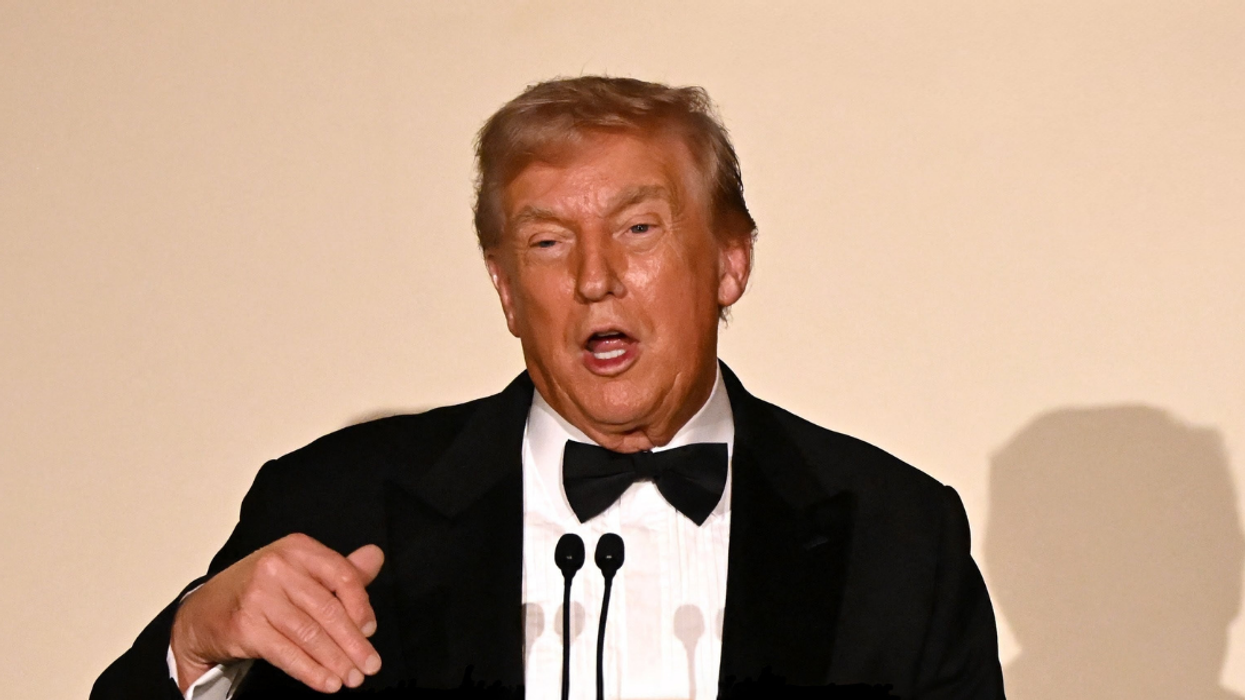




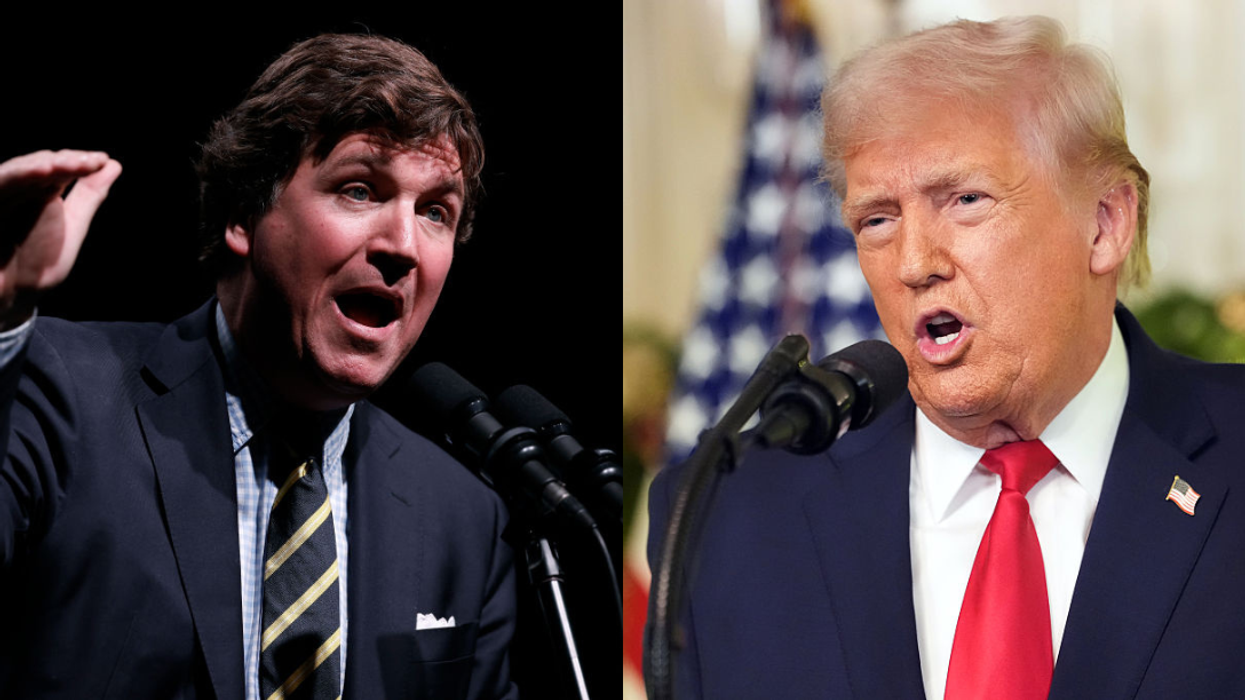



 Playing Happy Children GIF by MOODMAN
Playing Happy Children GIF by MOODMAN  May The Fourth Be With You
May The Fourth Be With You 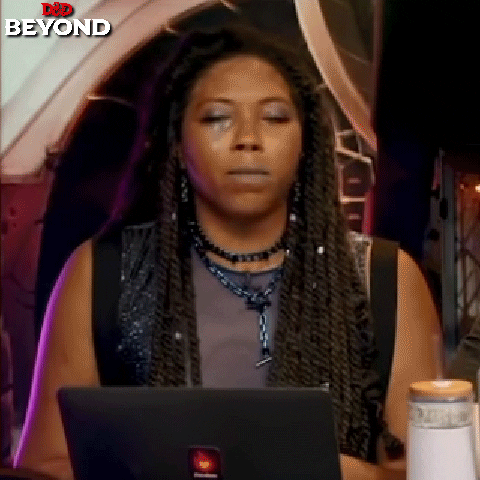
 Nhh GIF by New Harmony High School
Nhh GIF by New Harmony High School